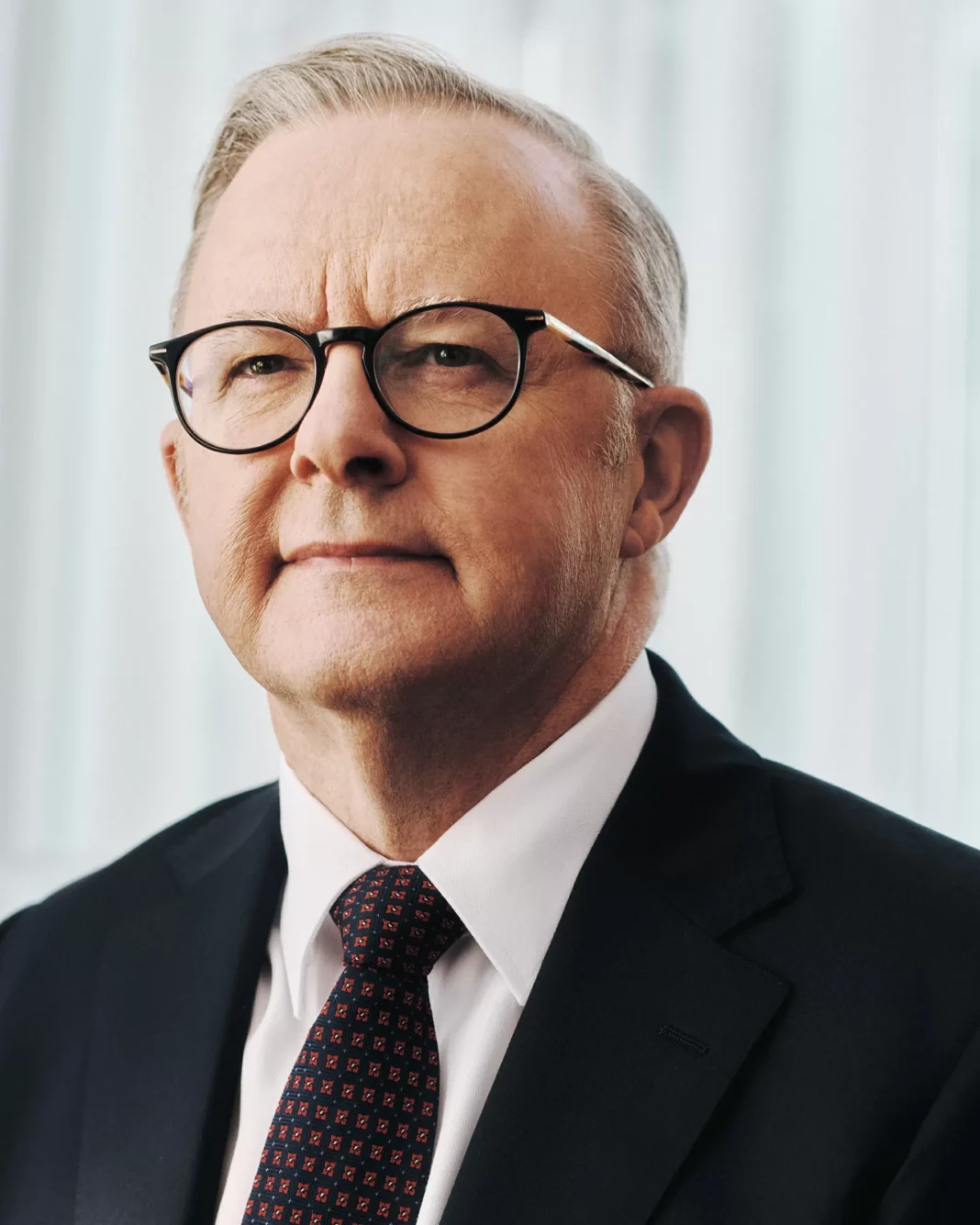Prime Minister Anthony Albanese has recently announced his plans to ban social media for children under the age of 16. This decision has sparked a lot of debate and controversy, with some arguing that it is a violation of freedom of speech and others supporting the move as a necessary step to protect our youth. However, upon closer examination, it is clear that the Prime Minister has plenty of valid reasons to implement this ban.
First and foremost, social media has become a breeding ground for cyberbullying. With the rise of social media platforms, bullying has shifted from the schoolyard to the online world. Children as young as 10 years old are exposed to hurtful comments, threats, and even harassment on social media. This not only affects their mental health but also hinders their ability to learn and grow in a safe environment. By banning social media for under-16s, the Prime Minister is taking a proactive step towards protecting our children from the harmful effects of cyberbullying.
Moreover, social media has been linked to a rise in mental health issues among young people. The constant pressure to present a perfect image on social media has led to a rise in anxiety, depression, and low self-esteem among children and teenagers. The need to constantly compare themselves to others and seek validation through likes and followers can have a detrimental effect on their mental well-being. By banning social media for under-16s, the Prime Minister is promoting a healthier and more positive environment for our youth to grow and thrive in.
Another concern with social media is the exposure to inappropriate content. Despite efforts to regulate and filter content, children are still exposed to harmful and explicit material on social media. This can have a lasting impact on their impressionable minds and can shape their attitudes and behaviors in a negative way. By banning social media for under-16s, the Prime Minister is ensuring that our children are not exposed to such content and are protected from potential harm.
Furthermore, social media has been found to have a negative impact on academic performance. With the constant distraction of notifications and the need to constantly check and update their profiles, children are spending less time on their studies. This can lead to a decline in academic performance and hinder their future prospects. By banning social media for under-16s, the Prime Minister is encouraging children to focus on their education and prioritize their academic success.
In addition, social media has also been linked to a rise in online grooming and exploitation of children. Predators can easily hide behind fake profiles and target vulnerable children on social media. This is a serious concern that cannot be ignored. By banning social media for under-16s, the Prime Minister is taking a strong stance against online predators and ensuring the safety of our children.
Some may argue that banning social media for under-16s is a violation of freedom of speech and expression. However, it is important to note that this ban is not permanent and is only until children reach the age of 16. This is a crucial time in their development where they need to be protected and guided towards responsible social media use. It is the responsibility of parents and guardians to monitor their children’s online activities and guide them towards making responsible choices.
Moreover, this ban does not restrict children from accessing the internet for educational purposes or communicating with their friends and family through other means. It simply limits their exposure to the negative effects of social media at a vulnerable age.
In conclusion, Prime Minister Anthony Albanese’s decision to ban social media for under-16s is a step in the right direction. It is a necessary measure to protect our children from cyberbullying, mental health issues, exposure to inappropriate content, decline in academic performance, and online predators. It is a proactive approach towards creating a safer and healthier environment for our youth to grow and thrive in. Let us support this decision and work towards promoting responsible social media use among our children.


